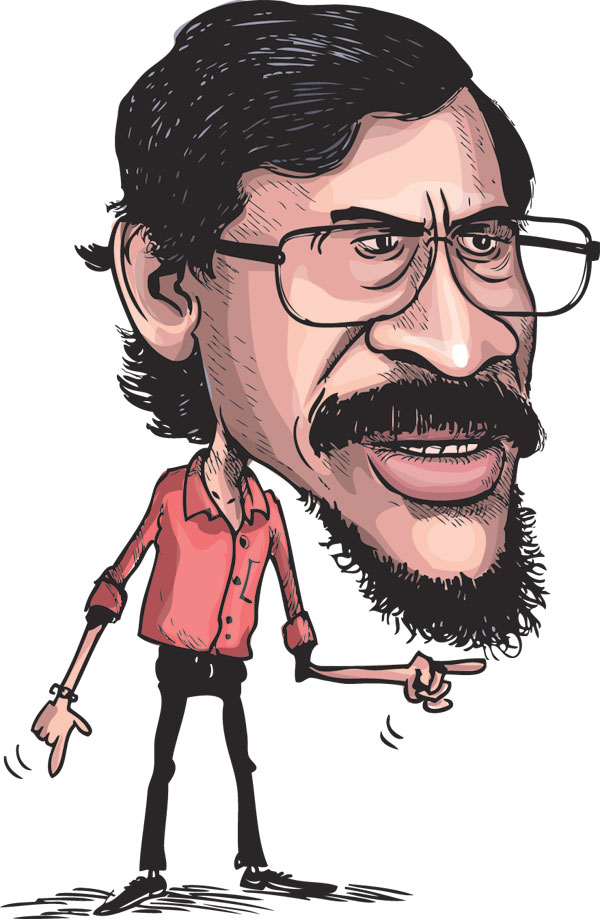Reply To:
Name - Reply Comment
Last Updated : 2024-04-25 18:55:00
| Janatha Vimukthi Peramuna (JVP) General Secretary Tilvin Silva speaks to the Daily Mirror on the Northern Provincial Council Elections and issues confronting the Tamil people. He noted that the government had failed to address the genuine grievances of the Tamil people. Following are some excerpts of the interview: |
.jpg) By Kelum Bandara
By Kelum Bandara .jpg) Q:You mentioned that Tamil people are grappling with some serious problems. In your view, what are they?
Q:You mentioned that Tamil people are grappling with some serious problems. In your view, what are they? 
.jpg) to carry out political work in the north. Our comrade MP Sunil Handunnetti was assaulted in Jaffna. They placed a lot of hurdles before us. Through such foolish and adamant behaviour, they blocked the path for Tamil people to embrace national politics without confining themselves to politics based on their regional and ethnic identity.
to carry out political work in the north. Our comrade MP Sunil Handunnetti was assaulted in Jaffna. They placed a lot of hurdles before us. Through such foolish and adamant behaviour, they blocked the path for Tamil people to embrace national politics without confining themselves to politics based on their regional and ethnic identity. 
Add comment
Comments will be edited (grammar, spelling and slang) and authorized at the discretion of Daily Mirror online. The website also has the right not to publish selected comments.
Reply To:
Name - Reply Comment
US authorities are currently reviewing the manifest of every cargo aboard MV
On March 26, a couple arriving from Thailand was arrested with 88 live animal
According to villagers from Naula-Moragolla out of 105 families 80 can afford
Is the situation in Sri Lanka so grim that locals harbour hope that they coul